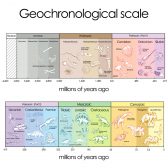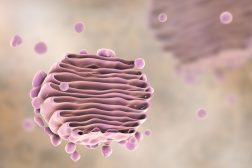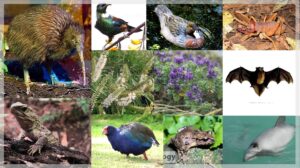Definition
noun
The process of introducing transgene from one organism into another (unrelated) organism or cell
Supplement
Transgenesis refers to the process of introducing transgene (i.e. an exogenous gene) from one organism into another with the intent of enabling the latter to exhibit a new property that can be transmitted to its offspring. It can be done by the use of liposomes, plasmid vectors, viral vectors, pronuclear injection, protoplast fusion, and ballistic DNA injection.1
One of the uses of transgenesis is to transfer genes (e.g. human genes) into animals or cells to incite and observe human diseases. Animals that are used for this purpose is called transgenic animal models. Transgenic mice are one of the most common animal models used. Transgenesis is also used in order to introduce a new capability to transgenic animals, for instance, to produce therapeutic molecules.
These transgenic organisms are capable of expressing transgenes because the genetic code is fundamentally similar for all organisms. Dubbed as super mice in the 1980s, they are able to produce human protein tPA that can be used to treat blood clots.
Word origin: Latin trāns (across, on the far side, beyond) + Ancient Greek génesis (origin)
See also:
- recombinant DNA technology
Related term(s):
Reference(s):
1 Transgenesis. Retrieved from https://en.wikipedia.org/wiki/Transgenesis.







